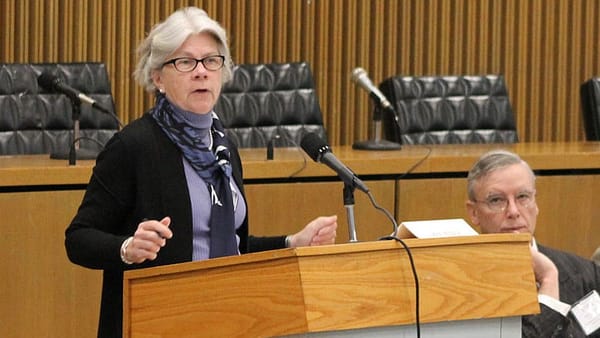Poverty fight provides common ground for conservatives, liberals

"Poverty is changing, and policy responses must change too," argues an important recent report published by the right-leaning American Enterprise Institute and the left-leaning Brookings Institution.
The document — the product of a bipartisan group of top scholars — combines political diversity with shared values to make a dozen recommendations for strengthening families, work, and education in the United States.

